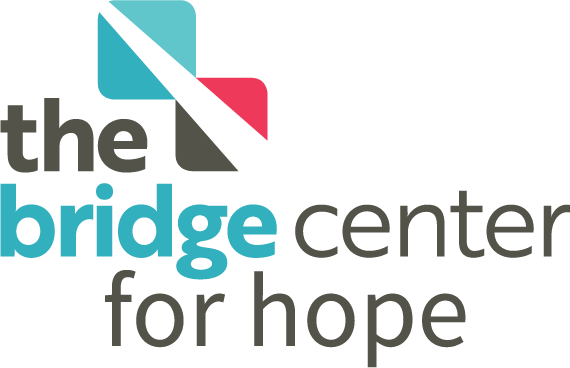About Mental Health
What to Do If Someone You Love Is Experiencing a Mental Health Crisis
Seeing someone you care about experiencing a mental health-related crisis can be distressing. A mental health or substance use crisis can take many forms—self-harm, panic attacks, suicidal ideation, getting in trouble with the law, planning or considering hurting one’s self or others, or an addiction crisis. Many people are uncertain about how to get their loved ones the help they need.
Here’s what to do if someone you love is experiencing a mental health crisis.

Any time a person is in immediate danger, that’s an emergency that should be taken seriously. But other situations that warrant immediate care include significant impairments to functioning, such as delusions, paranoia or fear, sudden changes to behavior, or confusion or problems thinking or concentrating.
While there are not always warning signs of a mental health or substance use crisis, there are various warning signs that may reveal that someone is experiencing one. These signs may include:
Talking about suicide or suicide ideation
Inability to perform daily routines including bathing, dental hygiene, and changing clothes
Increased energy level or the inability to stay still
Rapid movement into feeling depressed or withdrawn
Rapid mood swings
Confused thinking or problems concentrating and learning
Isolating self from friends, family, work, and school
Abusive behavior toward self or others
Paranoia
Difficulty perceiving reality (delusions or hallucinations, in which you experience and sense things that don't exist in objective reality)
Overuse of substances like alcohol or drugs
The emergency room is often not the best place to take your loved one when they are experiencing a mental health crisis since the wait times can be long and the psychiatric care can be insufficient. A crisis-receiving facility provides crisis stabilization services to people in need of urgent care for mental health issues or a substance use disorder or both.
Similar to an emergency room, a facility-based, walk-in crisis center like the Bridge Center provides short-term, behavioral health crisis intervention, offering a community-based, voluntary, home-like environment as an alternative to more restrictive settings. In addition, crisis stabilization services provide an alternative to costly, overcrowded emergency rooms.
Guests admitted to a crisis-receiving facility are assessed by nurses, licensed mental health professionals, psychiatric nurse practitioners, or psychiatrists to determine if the individual meets one of the three criteria: a danger to self, others, or gravely ill. If one of the three criteria applies, the treating physician issues a physician emergency certificate, and the guest remains involuntarily committed.
Dealing with the mental health crisis of someone you love is extremely stressful. While it’s important to seek immediate help for your loved one when they are experiencing a mental health crisis, it’s also important that you take care of yourself so you can help support them in their recovery.
This might be by connecting with family members or friends who have gone through similar situations or reaching out to an organization like the National Alliance on Mental Illness, which has chapters in every state.
It’s important to know that mental health crises are common, and you are not alone.



